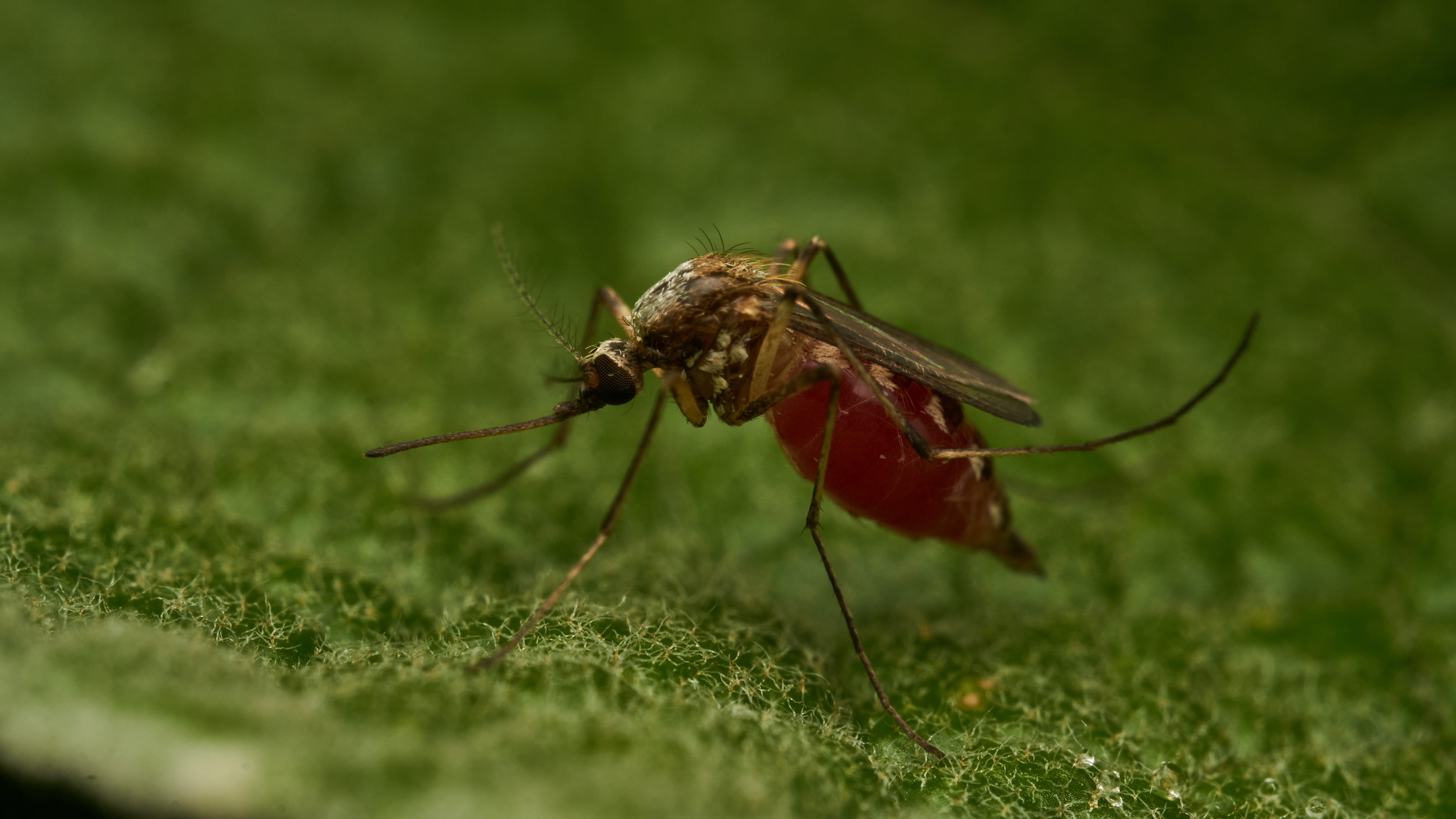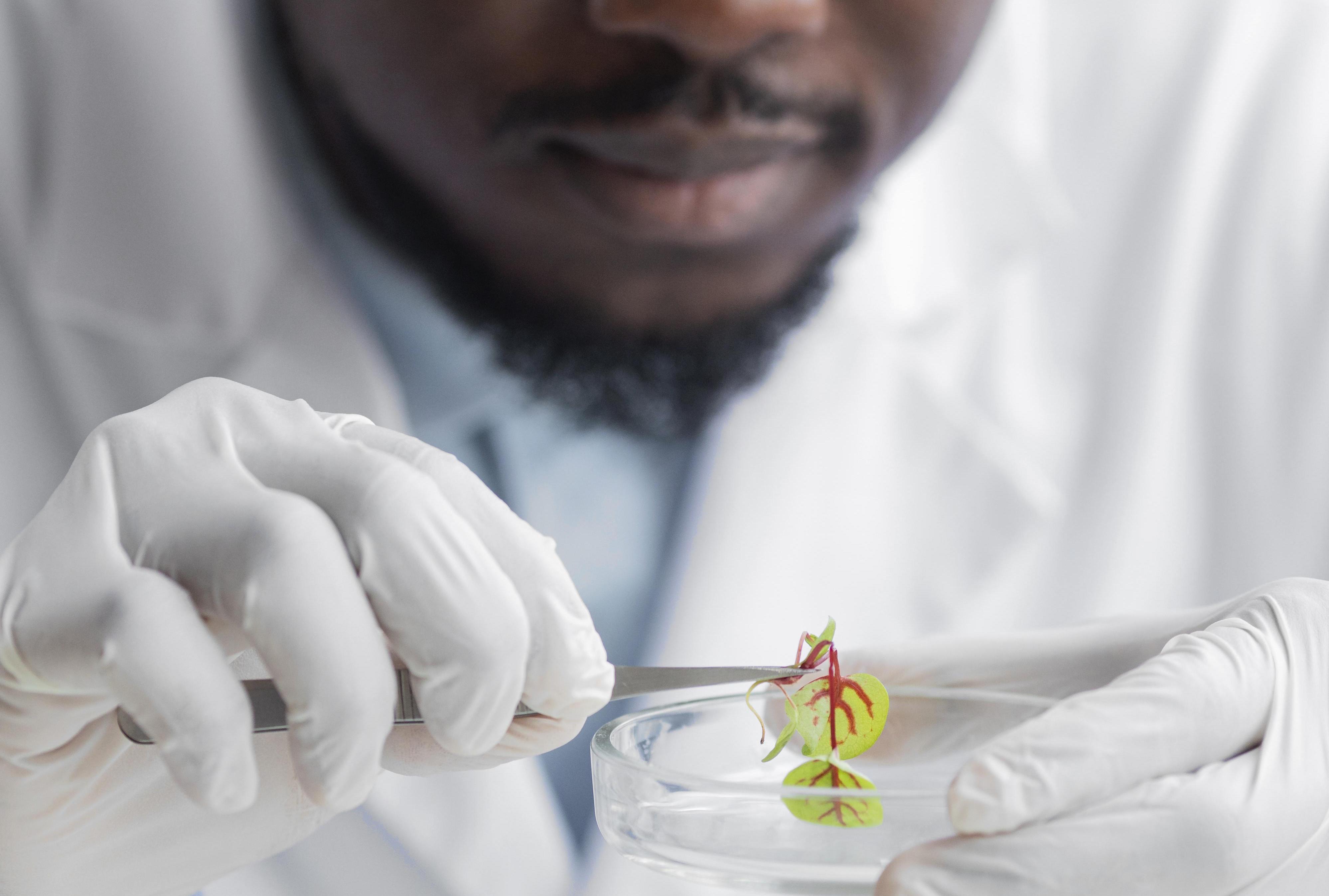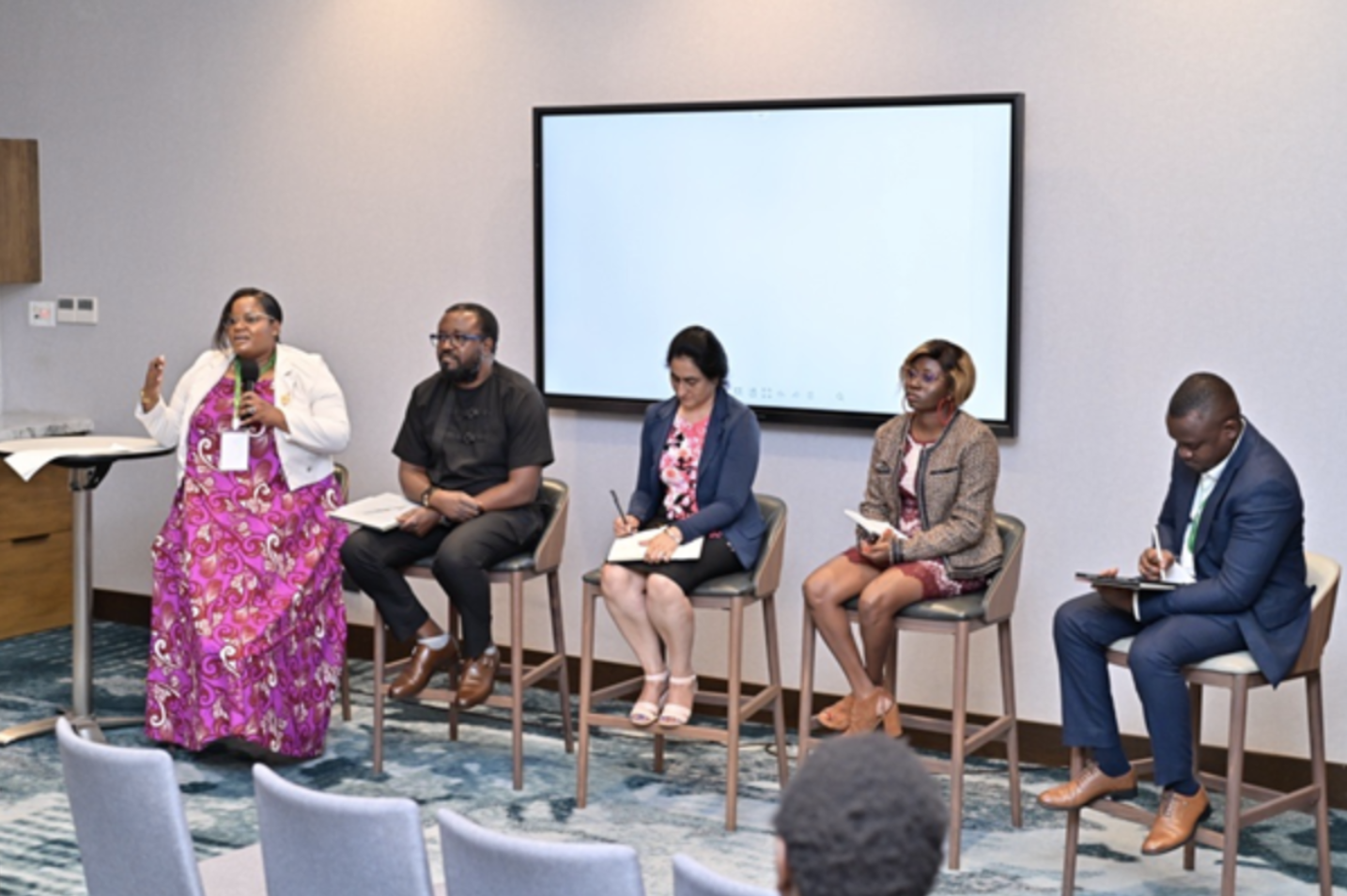
Impact Stories
Targeting the next Malaria drug through molecular dynamics and biochemical confirmation
Monday, February 26, 2024

By Fortunate Mokoena
Background
In 2021, malaria caused approximately 609,000 deaths globally and sub-Saharan Africa accounts for 90% of malaria related mortalities and morbidities. with most infections affecting pregnant women and children under the age of five years. Tropical weather conditions favour the spread of vectors of the causative Plasmodium species of mosquito, which has the highest burden of disease in sub-Saharan Africa. Malaria treatment options include recently developed vaccine, insecticide and chemotherapeutic agents. Despite this progress, vaccination must be combined with chemotherapeutic agents and insecticides to eliminate the disease. Complicating matters, there is a looming drug resistance challenge, making research efforts to identify new chemical entities, especially with a different mode of action than currently available options, vital. Yet, vaccine development for malaria has been active for 125 years; now that a deployable and efficacious vaccine is available, we hope that its uptake, especially in developing countries, will help prevent transmission.
Approach
This project aims to find new drugs for treating malaria by studying a specific protein essential for the malaria parasite's survival, called PfHsp90. We use computer simulations and lab experiments to identify and optimise potential drug compounds. These compounds are tested on PfHsp90 in the lab, and their effects are also evaluated on both malaria parasites and human cells. By combining results from different tests, we determine if the compounds have the potential to be effective antimalarial drugs.
This collaborative project has identified the confirmed some hit compounds targeting/inhibiting, PfHsp90, with potent activity against the P.falciparum asexual stage parasite. The hit compounds have also been demonstrated to inhibit and bind the target protein, without impacting the human counterpart of the protein. We have also found that additional scaffolds, in collaboration with medicinal chemists, can be optimised to identify more potent targets.
The targeting of PfHsp90 can slow down or reduce the likelihood of drug resistance. The detrimental effect of PfHsp90 on parasite survival was demonstrated using known inhibitors developed as anti-cancer agents. Our study used computer-aided drug discovery technology to identify new compounds that are toxic to the parasite and are capable of inhibiting PfHsp90. Most of these compounds had low to no cytotoxicity to human cells, making them promising starting points for drug discovery. Improved potency and affinity towards PfHsp90 could result in the compound providing a promising lead for antimalarial drug discovery.
Our team, based at South Africa’s North-West University Department of Biochemistry, consists of four MSc students (Tlhalefo Ntseane, Thato Matlhodi, Ofentse Mafethe and Lisema Makatsela), each of whom is looking at different objectives of this project. My co-PI being Dr Njabulo Gumede (Walter Sisulu University, South Africa) who is an organic/computational chemist who has assisted with the design of compounds. We have collaborations with Prof Addmore Shonhai (University of Venda, South Africa), who has an Surface Plasmon resonance (SPR) instrument that we used for biophysical assays and Prof Samantha Gildenhuys (Unisa) who also has expertise in structural biology and has equipment’s such as circular dichroism spectra to enable us to understand structural perturbation effects. The biological assays are performed by H3D, based at the University of Cape Town. Medicines for Malaria Ventures (MMV) provides some of the compounds from their collection to help realize the project objectives.
The GC Africa grant has also enabled my participation in a drug discovery workshop hosted by H3D in October 2021. The collaborations cultivated at that workshop enabled me to piece together the whole drug discovery workflow, with a clear picture of what is possible in Africa by Africans. Grand Challenges Africa also supported my participation in the Global Health mentorship programme: the resultant training I received by a drug discovery expert transformed my thinking as an academic; I learned a lot from my mentor, especially since our backgrounds are different. My mentor was a medicinal and synthetic chemist while my interest lies in structural biology. His guidance enriched our approach to understand the underlying tractability and symmetries of our compounds.
Many of us born on the African continent grew up wanting to make a lasting contribution to Africa's economic emancipation, growth and development. I have focused on studying diseases which plague Africa the most, hoping to contribute to drug discovery to eradicate tropical diseases which disproportionately affect the continent. I believe that the reduction and eventual eradication of malaria on the continent – requiring drug discovery – is essential to the continent's success.
Drug discovery is a team sport – one person will never be an expert in everything, so being open and willing to seeking assistance is a significant aspect of drug discovery. The undertaking also requires patience and empathy: it takes time and resources to train students, while also delivering on the project's objectives. In the spirit of humility, I have found a guiding principle to be to respect the contributions of others by keeping up with the latest developments, and not losing site of the need to ensure that your research will contribute to societal problems.
About the Author(s)
Fortunate Mokoena
Mokoena is a grantee of the Grand Challenges Africa Initiative at the SFA Foundation. Her research focuses on the targeted drug discovery for Malaria.



